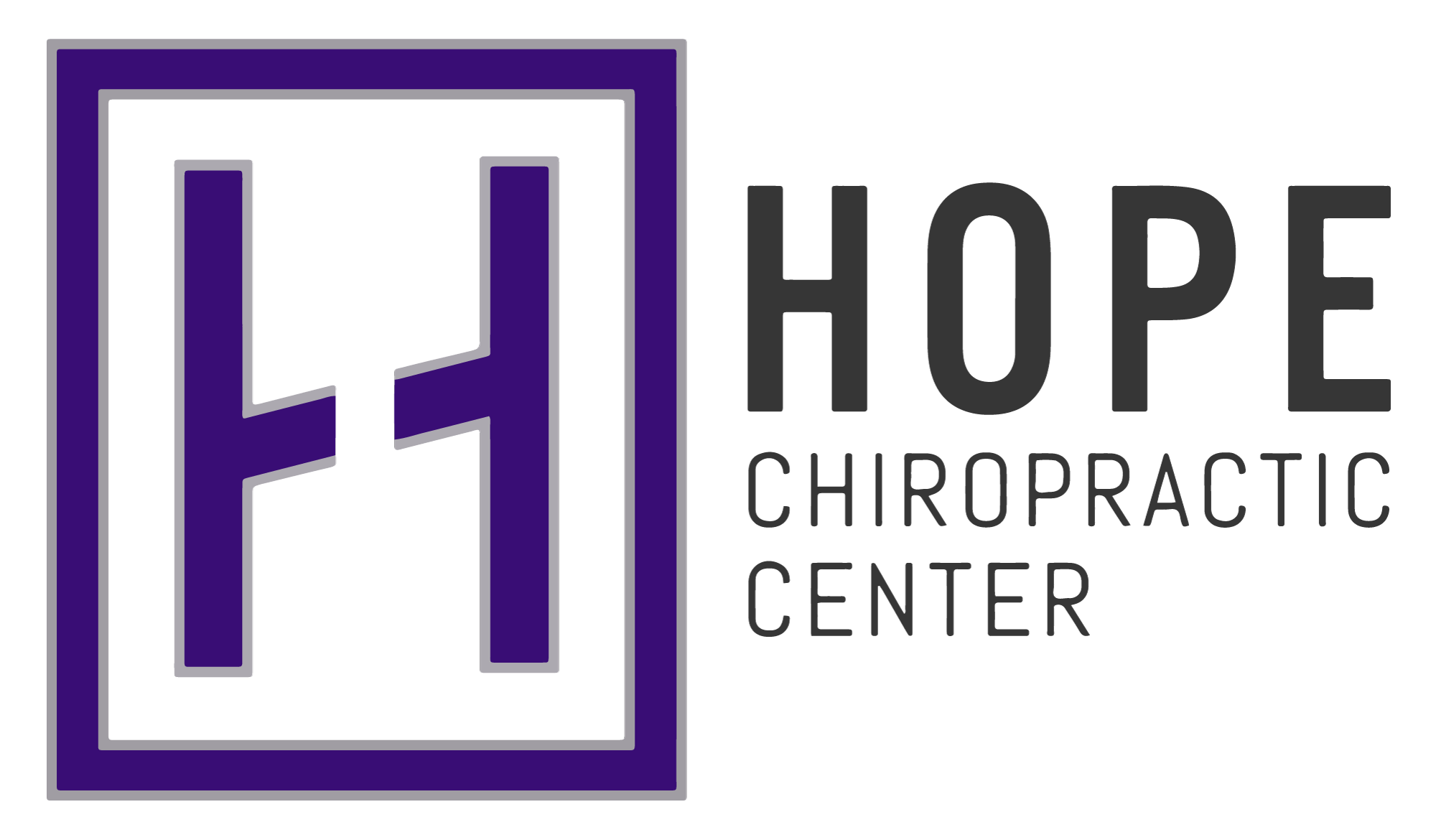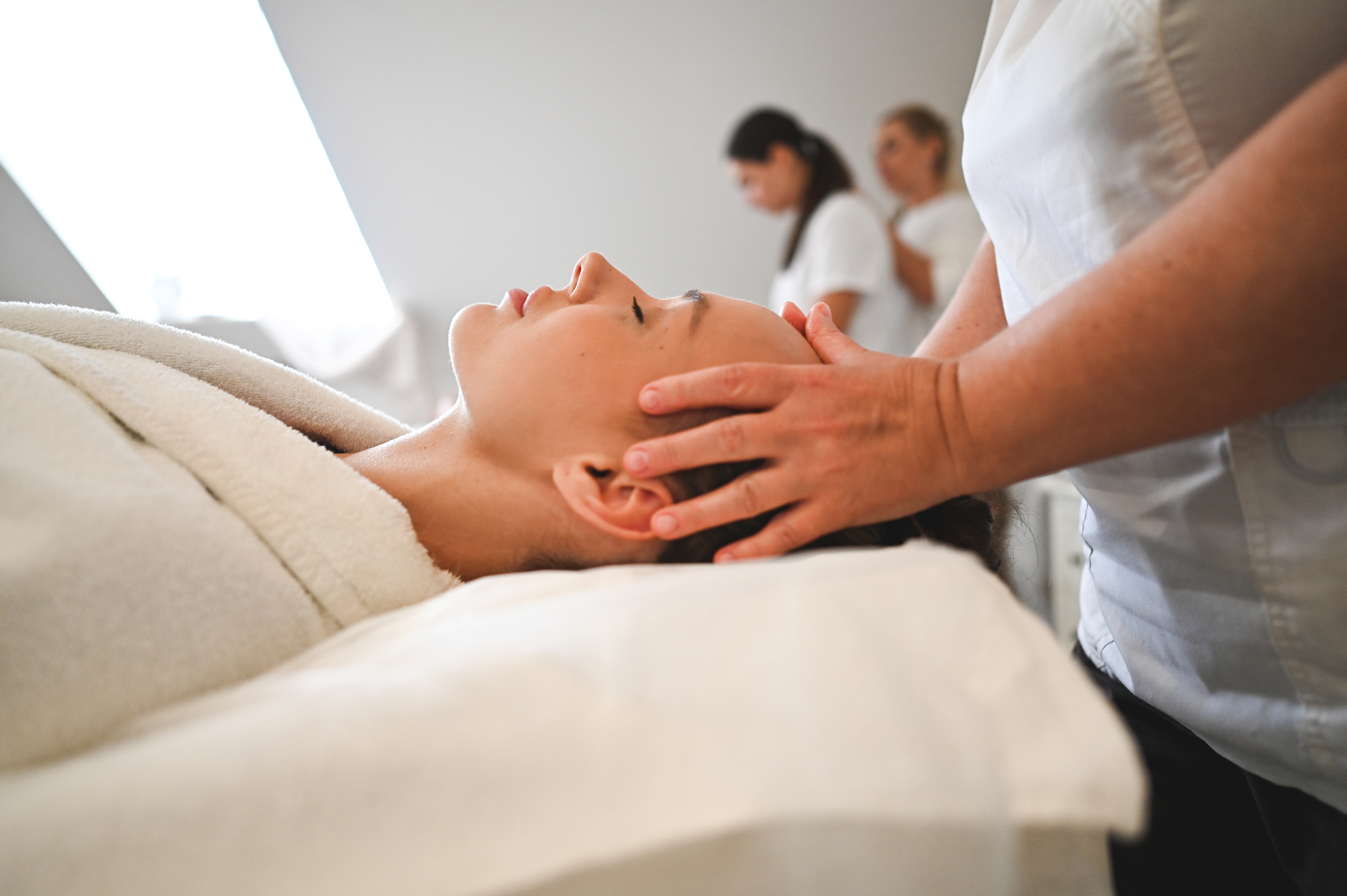When many people think of depression, they usually associate the illness with feelings of sadness. Yet, feeling ‘down’ is only one of many signs. Depressed individuals can exhibit various other symptoms–many of which are lesser-known–so if you notice any of these in a loved one, it may be time to ask how they are doing and possibly discuss treatment options with them.
FREQUENT HEADACHES AND OTHER PAINS
Depression often manifests itself in physical symptoms, such as headaches, lower back pain, abdominal pain, joint pain, and more. Many patients who have depression experience some level of physical pain in addition to having a depressed mood. It affects the entire body, so even if someone does not appear to be sad most of the time, their physical symptoms could indicate that they have the disease.
INSOMNIA
Studies suggest that up to 75% of depression patients also experience insomnia and other sleep problems. Unfortunately, these sleep problems can lead to a vicious cycle, where the less sleep a person gets, the worse their symptoms become, and the other way around. So, if someone in your life always says they have trouble sleeping or you often catch them awake late at night, don’t hesitate to reach out.
WEIGHT LOSS/GAIN
Another symptom a depressed person is likely to experience is weight loss or gain. This can result from binge-eating or starving oneself, and a lack of energy and sleep can also contribute to the changes in weight. Depressed patients are more likely than the general public to become overweight, which can also worsen their depression.
INABILITY TO CONCENTRATE
A prolonged inability to concentrate is commonly associated with ADHD, but the cause could actually be depression for many adults. In particular, this symptom is difficult for patients to conceal from those around them because it directly affects their responsibilities and relationships. In turn, not being able to focus, in turn, is commonly what gives patients the push to seek professional help because it is not easy to hide from those around them.
SUBSTANCE ABUSE
Sadly, substance abuse goes hand in hand for a lot of individuals. Depressed individuals are more likely to turn to drink or drugs to cope with their depression, and excessive substance use can contribute to the development of depression. If you suspect someone you love is depressed because you notice an increase in their substance use (especially if they have never used substances before), it is imperative to talk with them about seeking professional help instead of dangerously self-medicating.
PERFECTIONISM AND DEPRESSION
Studies have shown that perfectionism and depression are very intertwined. A perfectionist often believes that those around them will only love them if they are perfect, which can easily lead to depression when their own expectations for themselves are not met. Typically, learning to accept imperfection is difficult for people and often requires therapy. However, you should still do your best to remind the perfectionists in your life that it is completely normal to be imperfect.
Are you or a loved one suffering from depression? Maybe we can help. Give us a call today to schedule your free consultation.


